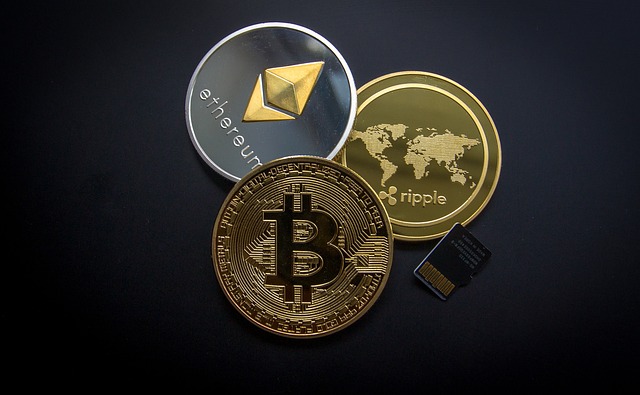RPC Meaning in Crypto: Understanding Remote Procedure Call (RPC)
Cryptocurrency enthusiasts often come across technical terms that may seem perplexing at first glance. One such term is RPC, which stands for Remote Procedure Call. In the realm of crypto, RPC plays a significant role in facilitating communication between various components of a decentralized network. Let's delve deeper into the meaning and implications of RPC in cryptocurrency networks.

What is RPC?
Remote Procedure Call, or RPC, is a protocol that allows a program or a process to request services from another program or process on a different computer or system. It enables the execution of a subroutine or a function on a remote server, as if it were located locally. RPC serves as a crucial mechanism for inter-process communication (IPC) in distributed systems, including blockchain networks.
The Functionality of RPC in Cryptocurrency Networks
RPC plays a pivotal role in ensuring seamless communication between different components of a cryptocurrency network. With RPC, blockchain nodes can interact with each other to exchange information and perform various tasks efficiently. For example, a wallet application can use RPC to communicate with a full node on the network to retrieve transaction data, verify balances, or initiate transactions.
RPC provides a standardized way for different components of a cryptocurrency network to exchange data and instructions. It eliminates the need to develop custom communication protocols for each component separately, making it easier to integrate new features and services into existing blockchain ecosystems.
Understanding JSON-RPC
One popular implementation of RPC in cryptocurrency networks is JSON-RPC. It is a lightweight protocol that uses the JSON (JavaScript Object Notation) data format for communication. JSON-RPC facilitates the exchange of data and function calls between a client and a server over a network.
The client sends an RPC request to the server, specifying the desired function or method to be executed. The server processes the request and sends back a response containing the requested data or the result of the function call. JSON-RPC ensures interoperability and simplicity, making it ideal for implementing RPC in blockchain networks.
Benefits and Applications of RPC in Cryptocurrency
The utilization of RPC in cryptocurrency networks offers various benefits and enables numerous applications:
Conclusion: Embracing RPC in Crypto Networks
As cryptocurrency networks continue to evolve, the importance of efficient communication mechanisms like RPC becomes increasingly evident. RPC acts as a bridge, facilitating interaction and data exchange between different components of a decentralized network.
By adopting RPC protocols such as JSON-RPC, crypto networks can ensure interoperability, enhance performance, and enable a diverse range of applications. Embracing RPC fosters the growth and advancement of the cryptocurrency ecosystem, bringing us closer to the future of decentralized finance.
Visit our Crypto Signals Website for more informative articles related to cryptocurrency and blockchain technology.